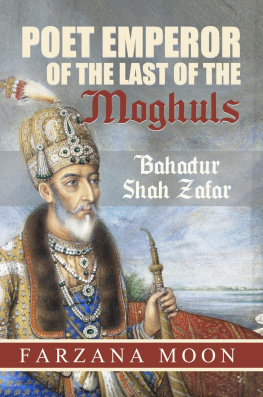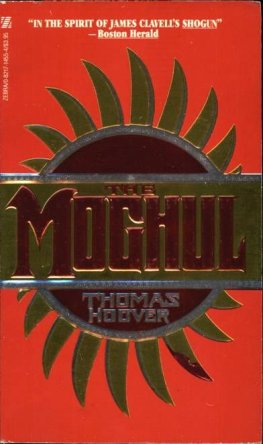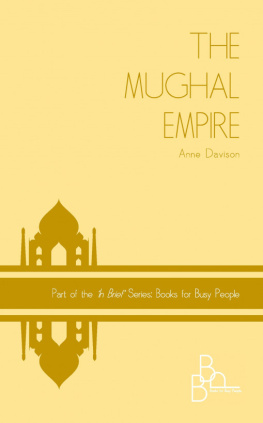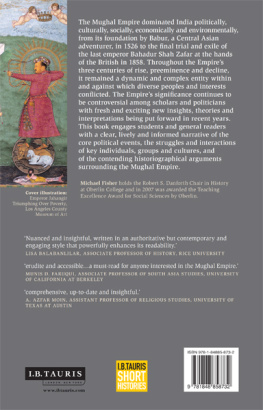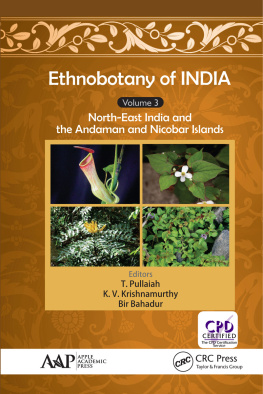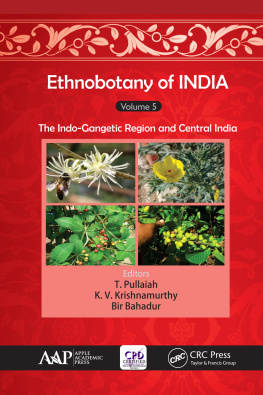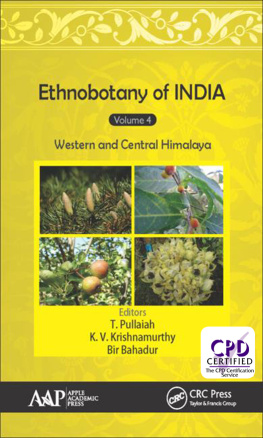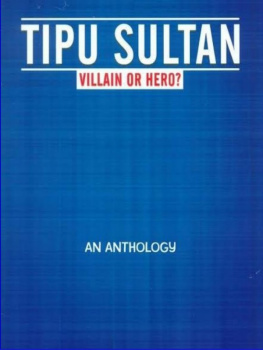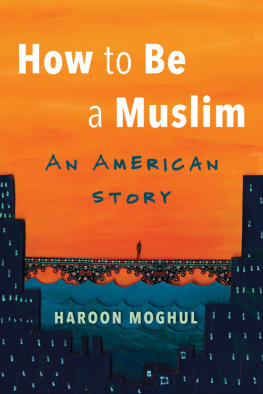Farzana Moon
Poet Emperor
of the last
of the Moghuls
Bahadur Shah Zafar

Editions Dedicaces
P oet Emperor of the last of the Moghuls:
Bahadur Shah Zafar
Copyright 2014 by Editions Dedicaces LLC
All rights reserved. No part of this book may be used or reproduced in any form
whatsoever without written permission except in the case of brief quotations
embodied in critical articles or reviews.
Published by:
Editions Dedicaces LLC
12759 NE Whitaker Way, Suite D833
Portland, Oregon, 97230
www.dedicaces.us
Library of Congress Cataloging-in-Publication Data
Moon, Farzana
Poet Emperor of the last of the Moghuls: Bahadur Shah Zafar /
by Farzana Moon.
p. cm.
ISBN-13: 978-1-77076-435-4 (alk. paper)
ISBN-10: 1-77076-435-6 (alk. paper)
Farzana Moon
Poet Emperor
of the last
of the Moghuls
Bahadur Shah Zafar
For Rehana
My Loving Sister
Chapter One Coronation of the Poet Emperor
The East bowed low before the blast
In patient, deep disdain
She let the legions thunder past
And plunged in thought again
I f there be paradise on earth,
this is it, this is it, this is it.
Amir Khusrau
These words engraved on the wall of the Diwan-i-Khas across from where Bahadur Shah Zafar sat on his Peacock Throne were a blatant reminder of the Moghul splendor, usurped and fading. Even Peacock Throne was replica of the lost glory since the magnificent Peacock Throne of Shah Jahan was carried away by Nadir Shah of Persia and lost to the world in briny waters of the ocean.
The coronation of the sixty-two year old Bahadur Shah Zafar twentieth in line of the Moghul emperors lacked the pomp and pageantry of the previous emperors since the coronation of the first great Moghul emperor, Babur. But the event was royal no doubt; Diwan-i-Khas with silk friezes, damasked drapes framing the marble walls in motifs of floral designs embedded with jewels. The Peacock Throne dripping with velvets was hosting Bahadur Shah Zafar in royal attire of gold and purple. Bejeweled and crowned, he was wafting the aura of wealth and majesty.
High decorum was lending this state occasion the air of festivity. The emperor alone was the one seated, the rest in attendance were standing, offering felicitations or presenting the written documents of court proceedings for the benefit of royal perusal if the emperor deemed it necessary. Lord Auklands secretary of East India Company William Machaghten was standing in the front row to the emperors right along with the newly appointed governor of Delhi, Ahsanullah Khan.
Bahadur Shah Zafar sensitive to the observance of etiquette and decorum in his court was happy to notice that his sons were standing most royally. They were impeccably dressed in Moghul style robes of gold, broidered with silk and studded with jewels. Crown prince Dara Bakht was the most handsome amongst his brothers with ropes of pearls around his neck and his turban stitched with agates. Prince Fakhroo standing next to him was no less handsome, a swath of emeralds in his turban matching his green robe was lending his features the glow of sunset. The eldest, Prince Mirza Quaish appeared to tower over his brothers, being the tallest, almost six feet two, gaining a couple of more inches with a large plume in his red turban. The youngest amongst them was Prince Abul Bakr the grandson of Bahadur Shah Zafar.
William Machaghten was mesmerized by the cool stream called Nahr-i-Bhishtmeaning literally the river of paradise, flowing smoothly in the middle of Diwan-i-Khas. Tearing his gaze away from this architectural wonder he was thinking of gaining the kings attention, but the king was communing with his sons Prince Mirza Mughal and Prince Khizr Sultan as if initiating them into the arena of ceremony and protocol. Makhund Lalthe secretary with his hands folded was standing along with the poets Zauq, Ghalib and Momin, waiting patiently for his turn in announcing the titles of the King. The King was dismissing his sons with a wave of his arm and granting Makhund Lal the permission to speak with his gaze alone.
Zil-e-Subhani. Makhund Lal curtsied with a quick sweep of his arm, bending low to the floor. His Divine Highness. Caliph of the Age. Padishah as glorious as Jamshed. He who is surrounded by Hosts of Angels. Shadow of God. Refuge of Islam. Protector of the Mohammedan Religion. Sultan son of Sultan. Greatest of the emperors. Emperor son of emperor. Offspring of the House of Timur.
The House of Timur, Makhund Lal, is no more. It is buried under the dust of zeal and invasions. Bahadur Shah Zafars gaze swept over all slowly and thoughtfully. The mighty of East India Company who for years begged for trade concessions from our great ancestors are now our masters. I am not the emperor, not even the king of kings, only the King of Delhi.
For us you are the emperor incarnate, Zil-e-Subhani. Shah Nasirthe court poet curtsied thrice with a long sweep of his arm. Without your patronage our inspiration would expire. No one to string the pearls of poetry into some poem most beautiful.
Ah, my tutor knows the art of flattery! Though, the expense of patronage also comes from the rich coffers of East India Company getting richer from land revenues. Bahadur Shah Zafar waved his consent for the usual privilege of open parlance or discussion.
Zil-e-Subhani, the Governor General of East India Compa-ny, Lord Aukland regards you as his Divine Highness and respects your wishes of decorum at the court. William Machaghten whipped this harmless lie, more so to satisfy his own sense of justice than to mitigate the mettle of harsh instructions heaped upon him by Lord Aukland. To honor the memory of your father Akbar Shah an eighty-two gun salute was fired from the ramparts of Fort William. You yourself commented, Zil-e-Subhani, that your father died at the age of eighty-two.
And with him died the custom of offering giftsNazr to the emperor. Bahadur Shah Zafar suppressed a sigh. I recall vividly that when I was a prince the Governor General Amherst presenting my father a variety of gifts at his court. One hundred and one trays of jewels. Shawls and robes of silk most exquisite. Also elephants richly caparisoned and horses with velvet trappings. And now even tributary offerings are missing. You stand here empty handed by the orders of Lord Aukland most probably, who deigns not to come and pay his respects?
He is afraid, Zil-e-Subhani, that if he came here he would be besieged by some sort of demands. William Machaghten construed another lie of half jest, half truth. I have heard Lord Aukland tell his officers, there is no worthy gift for Padishah who is as glorious as Jamshed.
I have yet to get accustomed to the shafts of mockery. Bahadur Shah Zafar closed his eyes. An emperor reduced to the status of a king can only request, not demand. If I was half as wise as Jamshed with his Jam-e- Jam my only treasure I would lack nothing, but the will to conquer and subjugate.
For us, Zil-e-Subhani, you are the Caliph of the Age. Momin curtsied low. Without your guidance we would be deprived of the gifts of spirituality and inspiration. No ideation or poetry sessions, but discussions about wars and intrigues if you didnt guide us in pursuit of love for learning and versification.
Poets are the best and the worst of flatterers. Bahadur Shah Zafar chided kindly. Best in a sense that they dont mean what they say and worst because they aim toward staying in the clouds, yet barely rise above the clouds of dust. The era for the Caliph of Age is past gone, now only sovereigns in name or tyrants without kingdoms rule in rapport with the needs and greeds of time.
Next page
